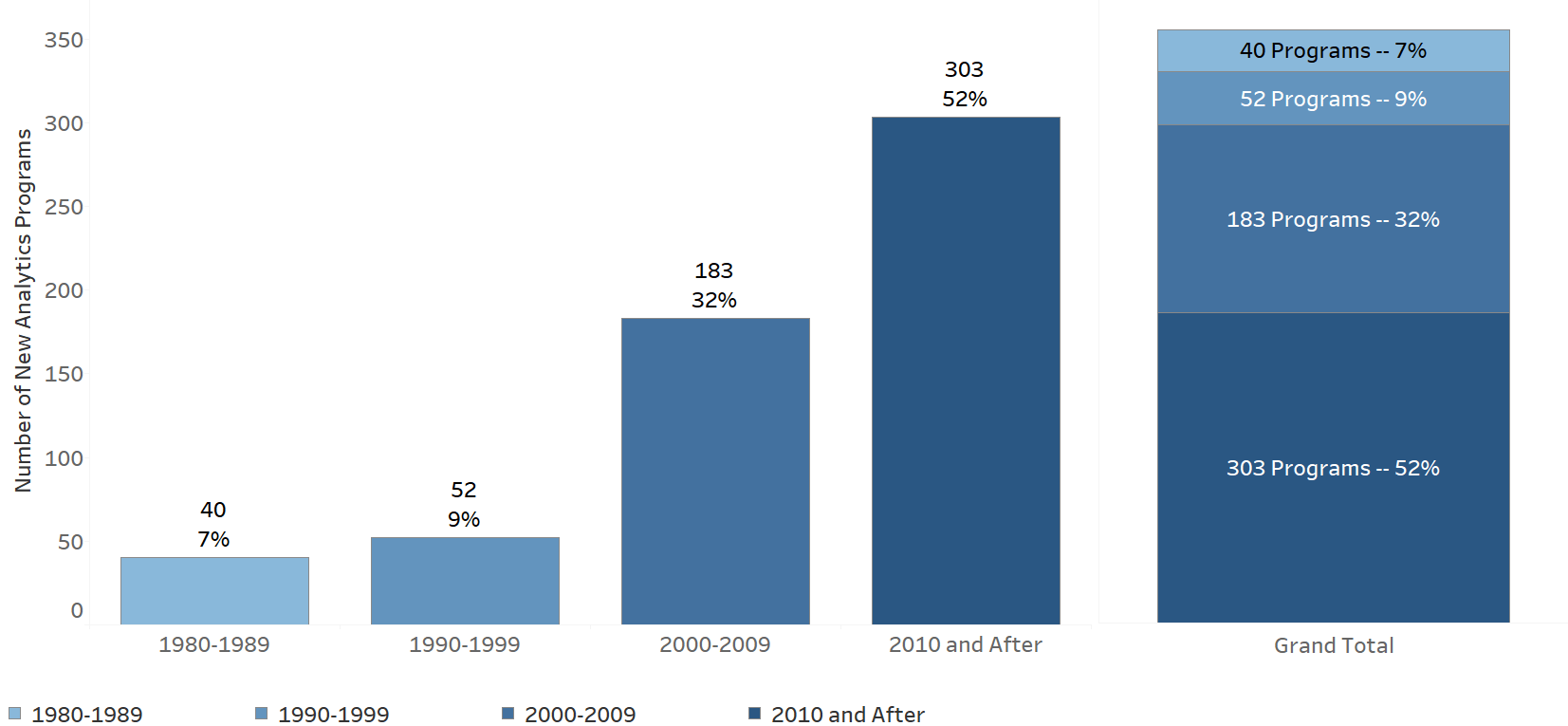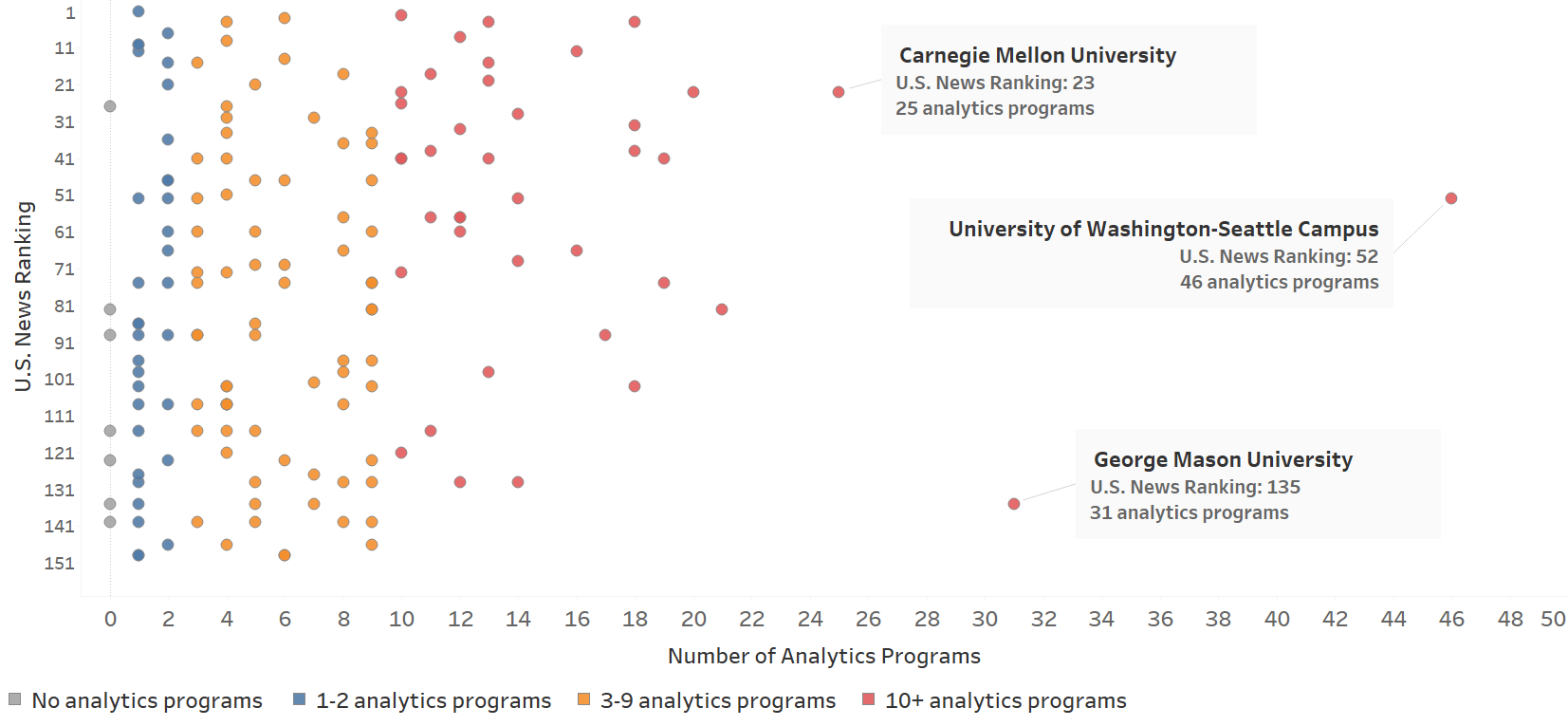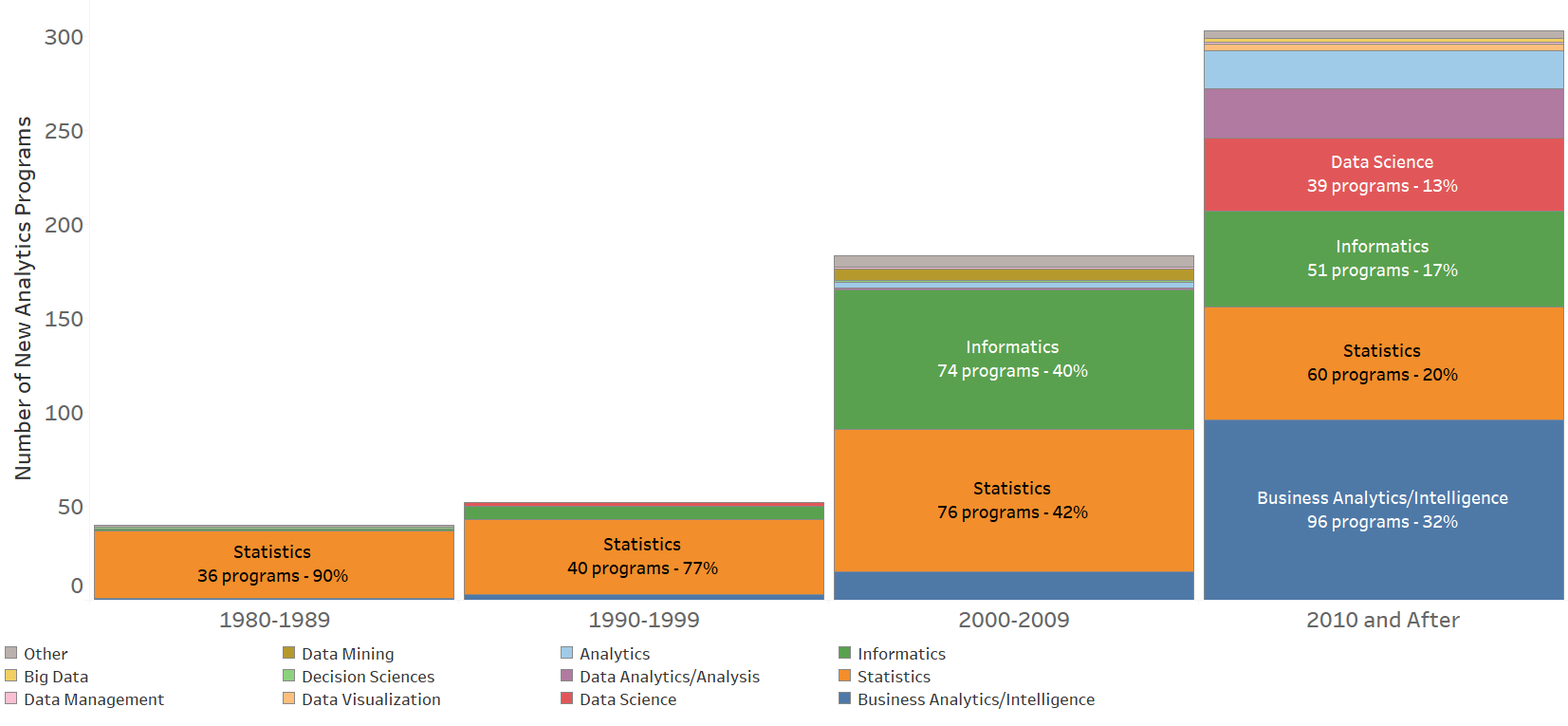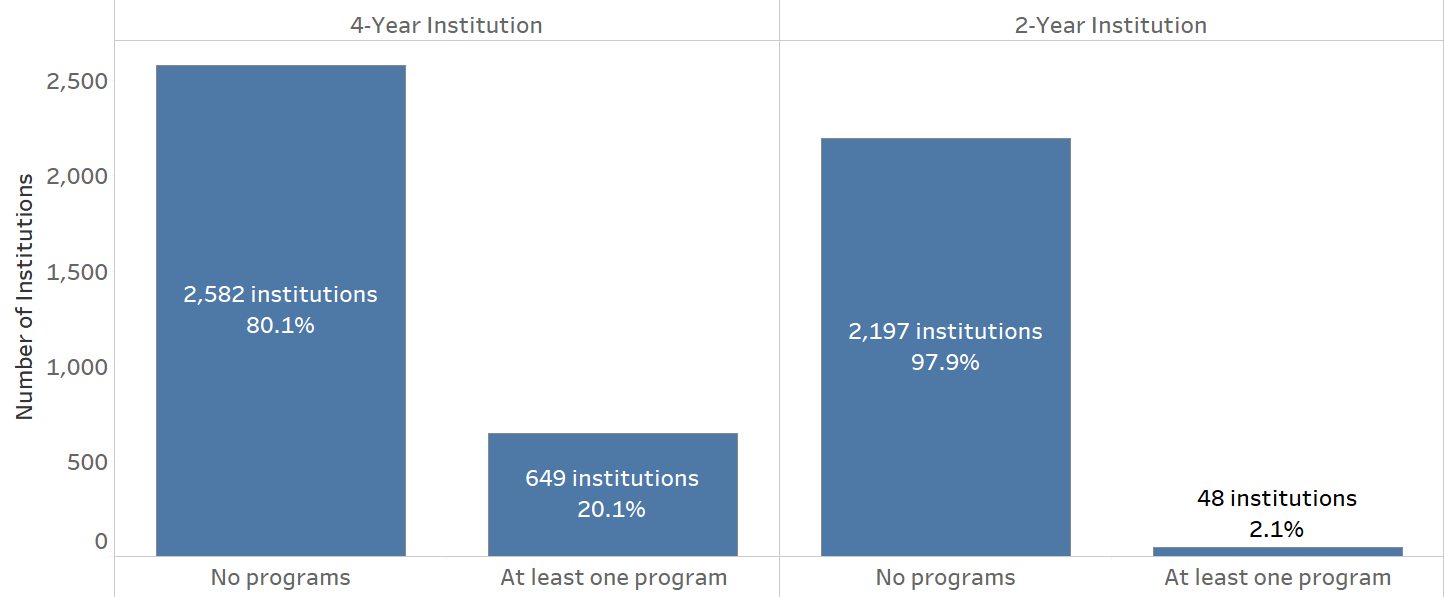Presented by Tableau
The demand for data skills has grown sky-high in recent years. For two straight years, LinkedIn has listed business intelligence as one of the hottest skills employers seek. A quick search of Indeed.com returns more than 60,000 postings for “data analytics” jobs. And back in 2011, McKinsey predicted a shortage of as many as 1.5 million managers and analysts with analytics skills by 2018.
What’s driving this demand? Organizations are looking for data-savvy people to fill roles across the enterprise. Data is no longer a specialized skill; companies are empowering non-analysts to explore their own data and drive decisions. Everyone, from teachers to healthcare providers, to business managers are expected to analyze and leverage data as part of their daily workflow.
As data grows in volume and type, so does companies’ demand for data talent. They need people with data intelligence to uncover insights, seize opportunities, and gain a competitive edge. But the suppliers (read: universities) are just getting started in producing the next generation of data workers.
How do we know this? One word: data. We conducted a year-long study to catalogue the state of analytics education in the U.S. Our report, The State of Data Education in 2016, reveals some promising trends as well as some notable gaps in colleges’ efforts to train the next wave of data workers.
Top colleges get value of data education
According to our research of more than 7,000 higher-ed institutions, only 20 percent of four-year colleges offer analytics programs. Many of these programs are relatively new; more than half of the programs have come online since 2010.

But most top schools understand the value of data education. All but seven of the 150 top-ranked schools by U.S. News offer at least one analytics program.

These trends show universities are, to some degree, responding to industry demand. And anecdotal evidence provides further proof. Dr. Michael Hasler, program director at the University of Texas at Austin Red McCombs School of Business, said the school created its business analytics program in response to a “crushing need for talent” from large firms.
Demand especially high for business analytics
Many of the programs live outside the traditional data departments like statistics, reflecting the industry shift toward the democratization of data across organizations. In the past six years, colleges have created more data programs under business analytics than under statistics or data science.

Michael Rappa, founding director of the Institute for Advanced Analytics at North Carolina State University, said his school created its MS in Analytics program based on employer need. “The technical skillset is important, but for most employers, this was only minimally sufficient,” he said. To respond to this demand, the school created a program that teaches not only data skills but also skills around teams, communication, and problem-solving.
Colleges say industry demand is especially high for the field of business analytics. Jeff Cieply, associate director of marketing at Indiana University Kelley School of Business, said that school’s graduate program in business analytics “grew out of a direct request from a company who approached us with this need.”
Two-year colleges lagging in analytics programs
But two-year colleges have yet to respond to market demand. Only 2 percent of two-year institutions offer data education, our research shows.

These insights reveal a gap in access to data education. According to the American Association of Community Colleges, community colleges serve about half of all college students in the U.S. They also serve a much higher proportion of minority students and adult learners (the average age of a community college student is 28). In addition to potentially contributing to a lack of diversity in the analytics and data industries, this discrepancy represents another obstacle to meeting analytics’ widespread demand.
A lack of qualified instructors appears to be one of the biggest challenges for community colleges. Justin Rowland, business analytics instructor at Wake Technical Community College, said a lack of qualified teachers is “the number one barrier to more schools, particularly two-year institutions, offering analytics programs.”
Teachers are hard to find because analytics is a multi-disciplinary field, says Ellie Mafi-Kreft, Clinical Assistant Professor of Business Economics at Indiana University Kelley School of Business.
“The technical skills and business understanding required to teach in these programs aren’t widely available,” she said.
Unless this shortage of instructors is addressed quickly, the skills shortage is likely to continue. According to the National Center for Education Statistics, enrollment at two-year institutions is projected to increase by 21 percent by 2025, to approximately 8.2 million students. That growth rate is more than two times the rate projected for four-year institutions.
Some progress — but plenty of room to grow
While the situation is most dire at two-year colleges, even four-year institutions that offer an analytics program have room to improve. Right now, 60 percent of institutions with a program offer only one or two while more than 80 percent offer five or fewer programs. As demand grows, the number of options and level of sophistication will have to keep up.
Data holds a tremendous amount of potential for organizations. In order to keep pace with the growth of data, we, as an industry, must invest in training and nurturing the next generation of data talent. Our research shows we are making great progress in building this pipeline, but we still have plenty of room to catch up to industry demands.
![]() Dig deeper: Download Tableau’s full report on The State of Data Education in 2016.
Dig deeper: Download Tableau’s full report on The State of Data Education in 2016.
Emma Trifari is Academic Programs Marketing Manager at Tableau Software.
Sponsored posts are content produced by a company that is either paying for the post or has a business relationship with VentureBeat, and they’re always clearly marked. Content produced by our editorial team is never influenced by advertisers or sponsors in any way. For more information, contact sales@venturebeat.com.

